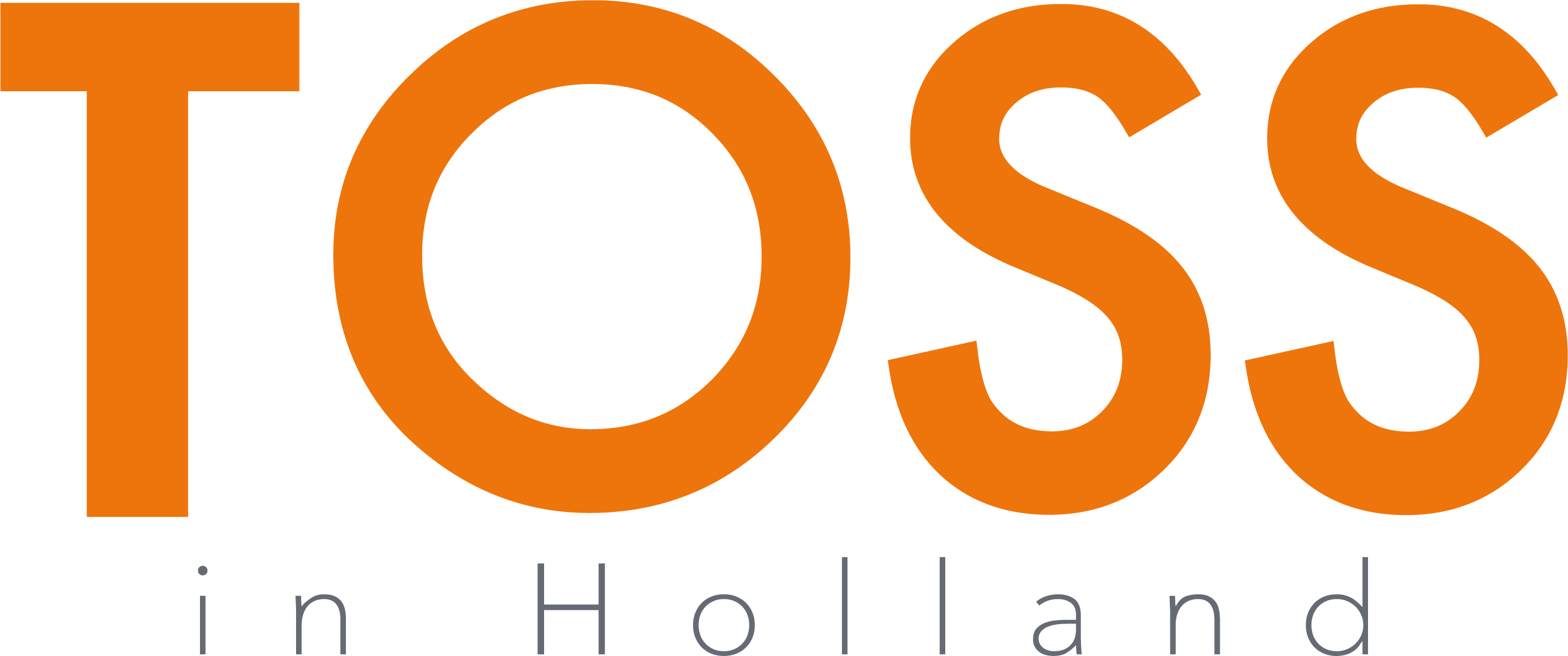Making Sense of the Dutch Tax System: Understanding Your Tax Return
As an expat living in the Netherlands, you are required to file a Dutch tax return. The Dutch tax system consists of three boxes, each with its own set of rules and tax rates. In this blog post, we will explain what the Dutch tax return is, what it consists of, and how you can file it yourself.
What is the Dutch tax return?
The Dutch tax return is a yearly report of your income and assets, which is submitted to the Dutch tax authorities. In the Netherlands, the tax year runs from January 1st to December 31st of each year, and the tax return of 2022 must be filed by 14 July 2023.
Who needs to file a Dutch tax return?
Everyone who lives and works in the Netherlands, regardless of their nationality, must file a Dutch tax return. This includes expats who are here on a temporary basis, as well as those who have moved to the Netherlands permanently.
What does the Dutch tax return consist of?
The Dutch tax return consists of three boxes:
Box 1: Income from work and home
This box includes income from employment, freelance work, and rental income. It also includes deductible items such as mortgage interest, certain medical expenses, and other expenses related to earning income.
Box 2: Income from substantial interest
This box includes income from shareholdings of 5% or more in a company.
Box 3: Income from savings and investments
This box includes income from savings and investments, such as interest on savings accounts and dividends from shares. It also includes assets such as real estate, investments, and bank accounts.
Types of tax declarations
There are different types of tax declarations in the Netherlands.
M-form
The M-form is a type of tax declaration that is used by individuals who have lived or worked in multiple countries during the tax year. This form is typically used by expats who have moved to or from the Netherlands during the tax year or who have spent significant periods of time working abroad.
The M-form is more complex than the standard tax declaration and requires additional information about the individual’s income, assets, and tax payments in other countries. This form is due on 1 July 2023.
C-form
The C-form is a type of tax declaration that is used by businesses or self-employed individuals who have earned income in the Netherlands but are not considered residents for tax purposes. This form is typically used by non-resident businesses that have a permanent establishment in the Netherlands or by self-employed individuals who provide services in the Netherlands.
The C-form requires information about the individual or business’s income, expenses, and tax payments in the Netherlands. This form is due on 1 July 2023. Contact the Non-residents Taxline if you want to request the C-form.
P-form
The P-form is a type of tax declaration that is used by individuals who have received income from the Netherlands but are not considered residents for tax purposes. This form is typically used by non-residents who have earned income from a Dutch employer or who have received income from Dutch sources, such as rental income or dividends.
The P-form requires information about the individual’s income, tax payments, and applicable deductions. This form is due on 1 July 2023. Contact the Non-residents Taxline if you want to request the P-form.
Tax partnership
In the Netherlands, a tax partnership (fiscaal partnerschap in Dutch) is a legal arrangement between two or more individuals who are considered to be partners for tax purposes. This partnership allows them to file a joint tax return and take advantage of certain tax benefits.
Who can enter into a tax partnership?
In the Netherlands, a tax partnership can be entered into by individuals who meet one of the following criteria:
- They are married or have entered into a registered partnership.
- They are cohabiting partners who meet certain requirements, such as having a joint household and being registered at the same address.
- They are partners who jointly own a home and have a joint mortgage for that home.
- They are partners who have entered into a partnership agreement.
Benefits of a tax partnership
One of the main benefits of a tax partnership is that it allows partners to file a joint tax return. This can result in a lower tax liability, as partners can offset each other’s income and deductions.
In addition, partners in a tax partnership are entitled to certain tax benefits, such as the partner’s tax credit (which is higher for partners than for single individuals), the mortgage interest deduction, and the healthcare deduction.
How to register for a tax partnership
To register for a tax partnership, partners must notify the Dutch tax authorities by filing a joint tax return. This can be done online via the tax authority’s website or by completing a paper tax return.
When filing a joint tax return, partners must provide information about their income, assets, and deductions for the tax year. They must also indicate that they wish to be considered a tax partnership.
How can you file your Dutch tax return?
You can file your Dutch tax return yourself using the Dutch tax authority‘s online tax portal, called “Mijn Belastingdienst.” To use this portal, you will need to have a DigiD, which is a personal digital identification code that you can obtain from the Dutch government.
To file your tax return, you will need to gather information about your income and assets for the previous tax year. You will then need to enter this information into the appropriate boxes in the online tax portal. The portal will calculate your tax liability based on the information you provide.
Tips for filing your Dutch tax return
- Keep accurate records of your income and expenses throughout the year, so that you can easily prepare your tax return at the end of the year.
- Make sure to claim all applicable deductions and credits, such as the mortgage interest deduction or the healthcare deduction.
- If you are unsure about how to file your tax return or have complex tax issues, consider seeking the advice of a tax professional.
- If you are not confident in your Dutch language skills, you can request a translated version of the tax return or seek the assistance of a Dutch speaker to help you complete it accurately.
In conclusion, filing a Dutch tax return is a legal requirement for all expats living and working in the Netherlands. By following these tips and taking the time to properly file your tax return, you can ensure that you are fulfilling your tax obligations, avoiding any penalties or fines from the Dutch tax authorities.
Need help with your taxes? Our partner Azarova Consultings provides a tax service for expats.














